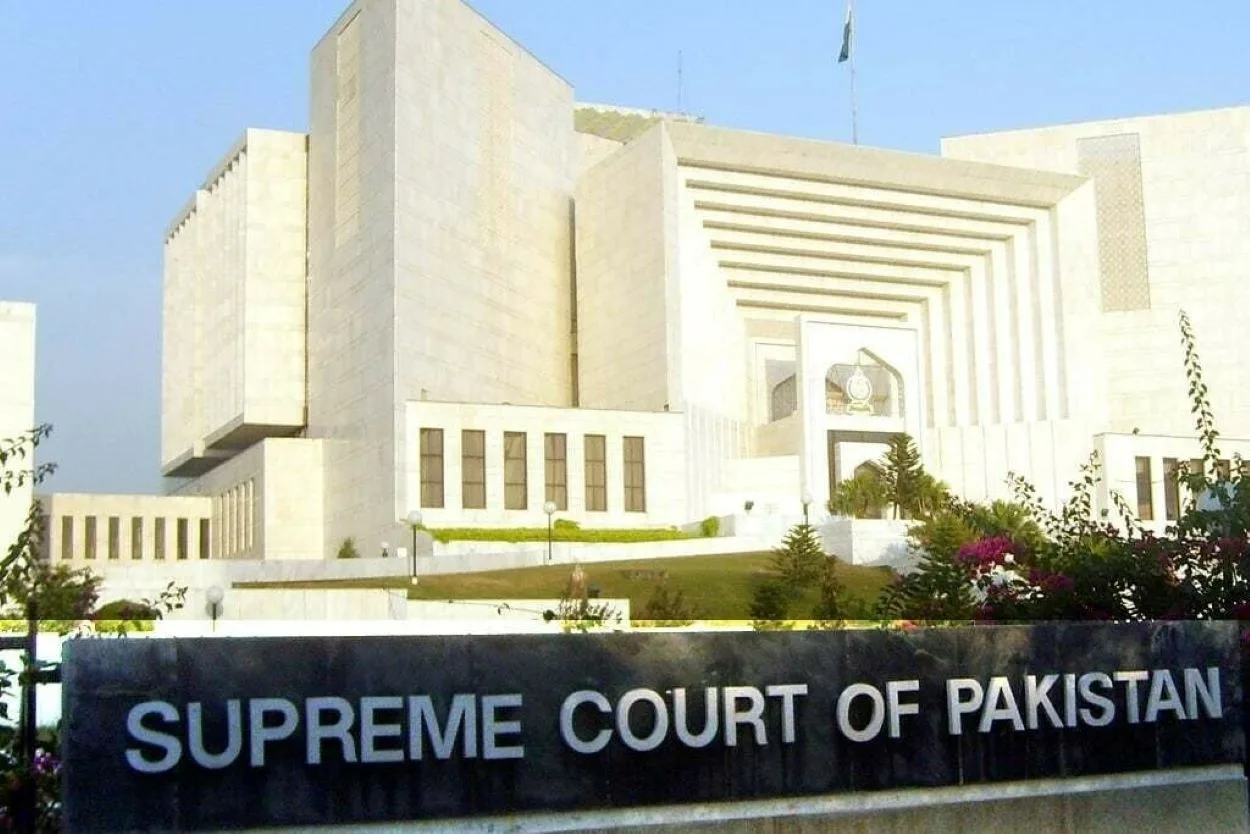Pakistan’s Supreme Court decreed that proceedings by the Supreme Judicial Council (SJC) cannot be discontinued due to a judge’s resignation or retirement.
The ruling came from a five-member bench led by Justice Aminuddin Khan after hearings on the government’s appeal against a 2023 judgment in the Afia Sheharbano Zia case. With a 4-1 split decision, Justice Hassan Azhar Rizvi was the sole dissenting voice.
The verdict underscores the SJC’s continuous authority to investigate judges, irrespective of their resignation or retirement status. The Supreme Court, in its brief judgment, left it to the SJC’s discretion to decide on proceeding with complaints against judges, promising detailed reasons later.
During the proceedings, Justice Musrat Hilali raised concerns about the impact of a judge’s resignation. At the same time, Judicial Assistant Akram Sheikh emphasized the council’s duty to proceed undeterred by resignations, highlighting the principle of uninterrupted due process. Justice Hilali referenced a similar stance in India, noting that retirement does not halt inquiries there. Justice Irfan Saadat raised questions about the effect of the council’s notice absence on proceedings.
Justice Jamal Khan Mandukhel noted that the responsibility to address complaints lies with the entire council, not just its chairman, mentioning a backlog of over 100 complaints. In contrast to the Afia Sheharbano Zia case ruling, the Supreme Court clarified that judges who retire or resign remain subject to Article 209 of the Constitution, which governs the conduct of superior court judges.






